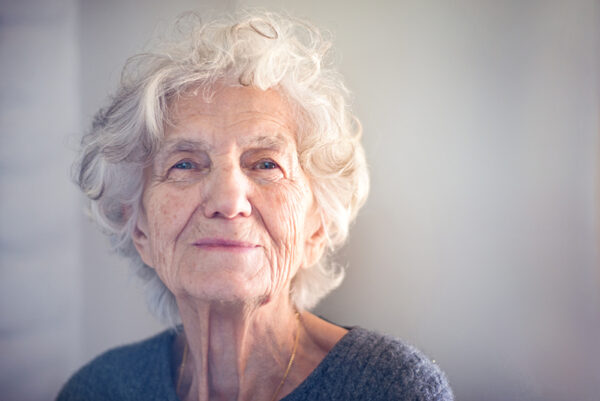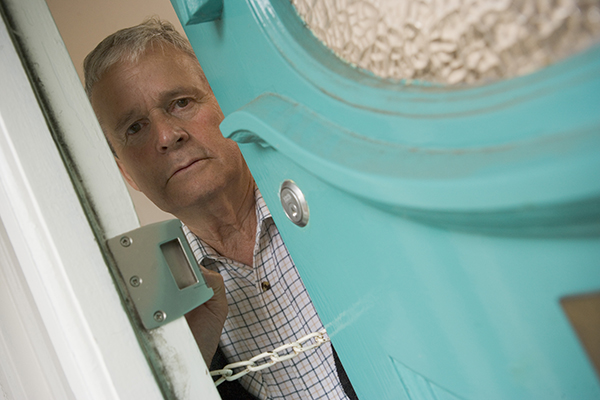Follow This Checklist After the Death of a Loved One
After losing a loved one, the last thing you want to do is complete a list of to-dos. The pain and loss alone are overwhelming enough. Taking the time to sort out your grief is very important. Yet there are, unfortunately, a number of tasks that need to be taken care of, at various intervals…










